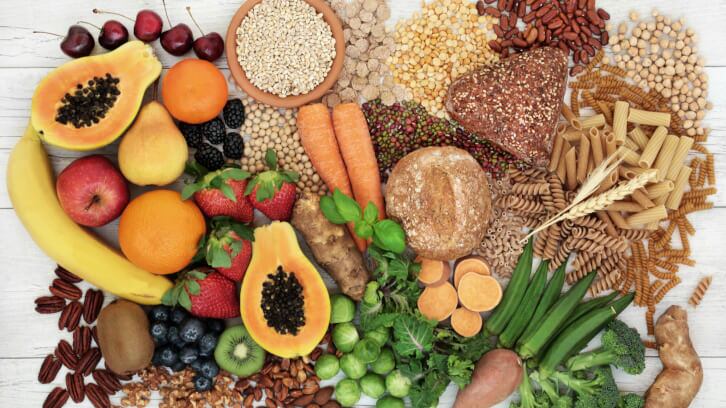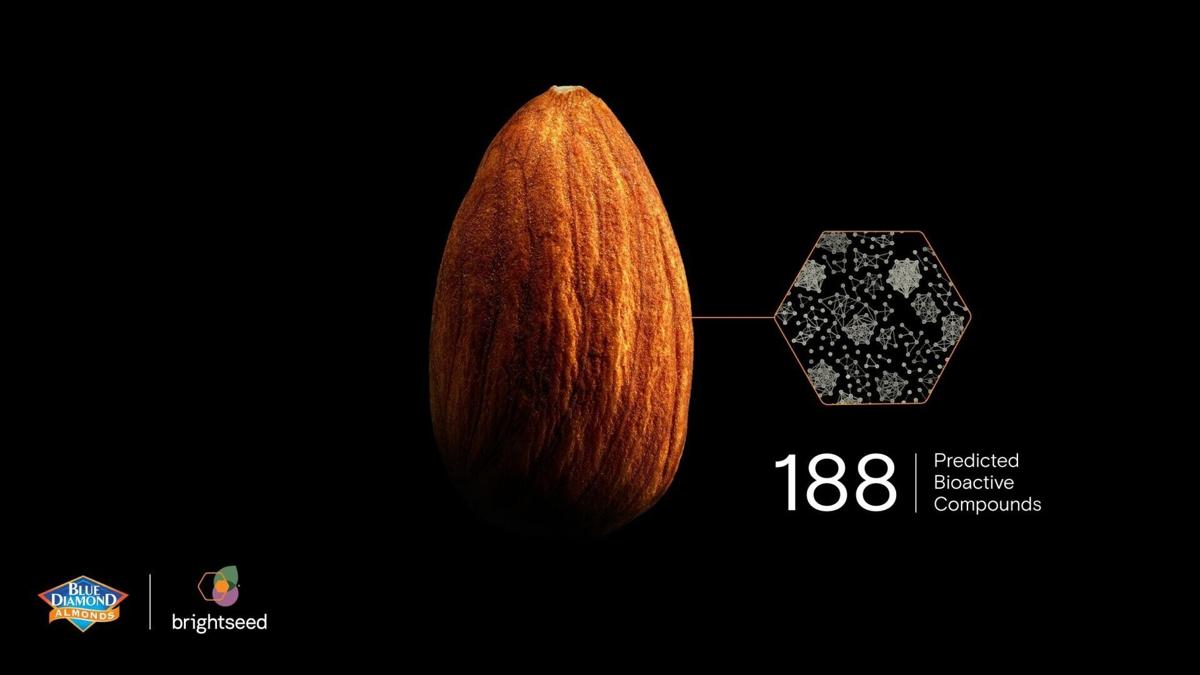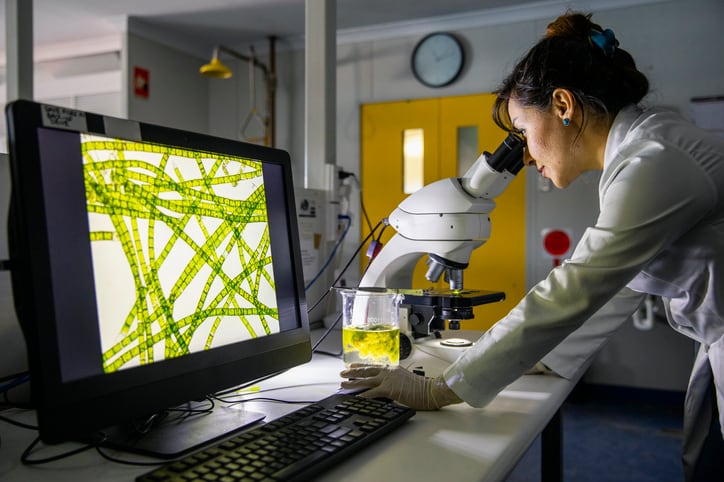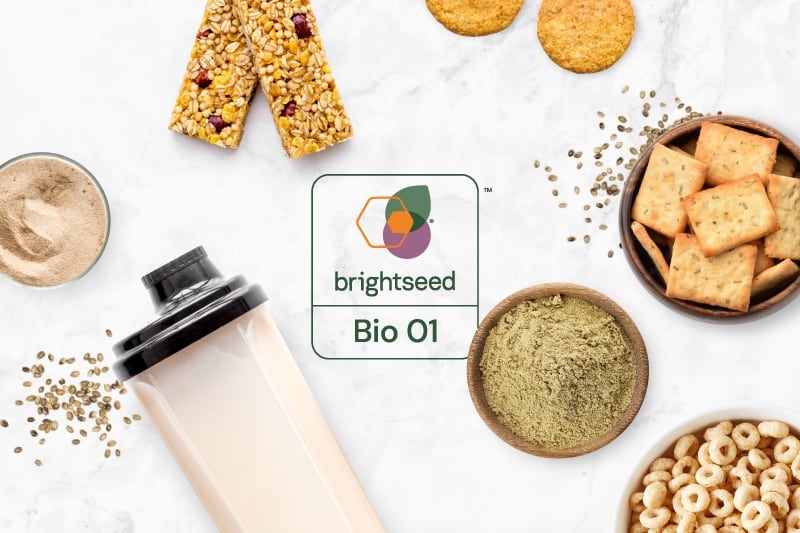“Considerations on how best to maintain the bioactive compounds in plant extracts while still maintaining the fiber content are needed to increase both dietary fiber intake and the intake of bioactives,” they wrote in Nutrients. “Past thinking that soluble dietary fiber has the most physiological benefits while insoluble fiber only alters bowel function is no longer accepted.
“The health-promoting effects of insoluble dietary fiber go beyond just dietary fiber, and future efforts to isolate fibers from plant foods need to consider bioactives and processing strategies to enhance both dietary fiber and the bioactive content of the supplement.”
Review
The study aggregated the available literature on the health benefits of bioactives in plant sources of insoluble dietary fiber. Led by Madeline Timm, a graduate student at the University of Minnesota, and Joanne Slavin, professor in the U of M’s College of Food, Agricultural and Natural Resource Sciences, the researchers found:
• A variety of plant foods, including fruits, vegetables, legumes, nuts, seeds, and whole grains, contain insoluble dietary fiber, and each source contains unique bioactives that support health in different ways.
• Desirable bioactives like Quercetin, Resveratrol, Catechins, Anthocyanins, Lutein, Lycopene, and Beta-Carotene were found in a variety of plant foods that also contain insoluble dietary fiber.
• Plant sources with bioactives and insoluble dietary fiber could be used to fortify processed foods to increase their nutritional value. Food production byproducts such as peel, hulls, pulp, or pomace are generally high in fiber and bioactives and therefore offer unique nutritional value from sustainable sources.
• Consumer research found that utilizing this fortification at a low level did not decrease consumer acceptability of the food product.
“Ancestral humans might have consumed as much as 100 g of dietary fiber daily, which also delivered bioactives that may be more important protective compounds in disease prevention,” noted the researchers. “Isolating fibers to add to human diets may be of limited usefulness unless bioactives are included in the isolated fiber supplement.”
“Multiple considerations must be made regarding the extraction, processing, and storage of these bioactive compounds, but the majority observed an increase in bioactive content, even with the addition of a small amount of [insoluble dietary fiber],” they added.
Fiber-fortified products
Commenting on the findings, Jan-Willem Van Klinken, co-author of the study and senior vice president of medical, scientific, and regulatory affairs for Brightseed, said: “The suggestion to eat more fruits and vegetables isn’t a novel idea, but it’s something most people still struggle to do. If we can offer widely accessible fiber-fortified products that have been developed to enhance rather than negate bioactive content, we can provide consumers with increased nutritional value.”
This most recent research on bioactives’ impact on human health further illuminates the need for industry, academia, and government to join forces to champion broad awareness and education of bioactives in food and health systems, added the company in a release.
The researchers called for future research to identify extraction and processing methods that preserve and optimize bioactive compounds.
Source: Nutrients
2023, 15(19), 4138; doi: 10.3390/nu15194138
“Beyond Insoluble Dietary Fiber: Bioactive Compounds in Plant Foods”
Authors: M. Timm et al.





